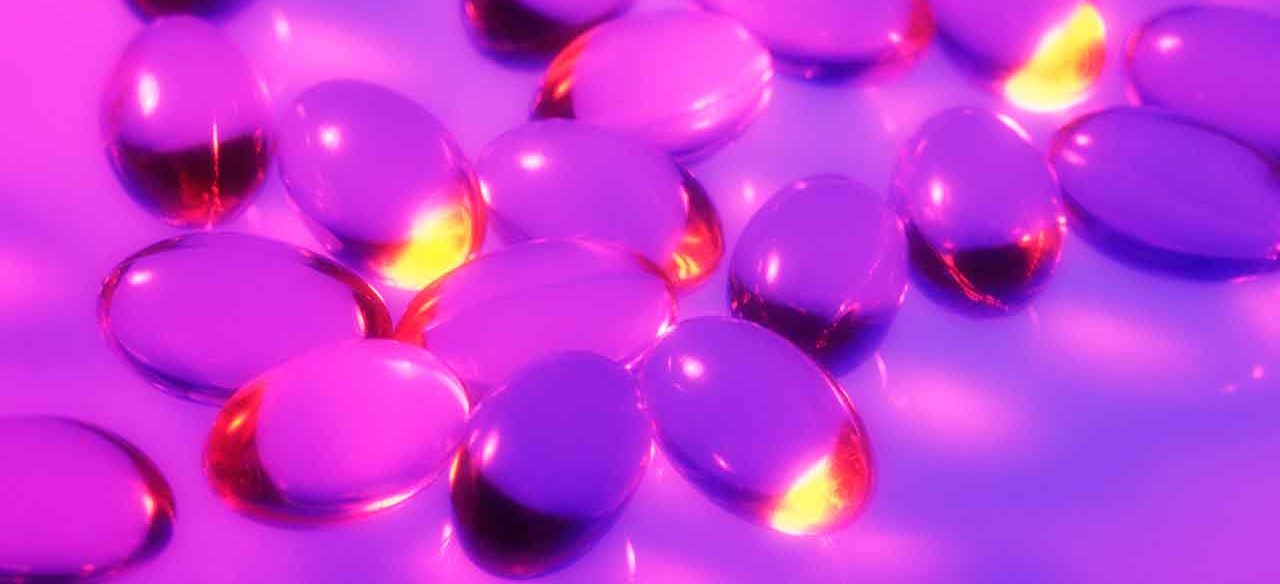Nutrients Can Boost the Effectiveness of Antidepressants

If you still have depression symptoms despite taking an antidepressant, specific supplements may help.
Depression is far more than feeling down occasionally. It’s a serious medical illness that affects one out of 20 Americans, according to the Centers for Disease Control and Prevention (CDC). Marked by feelings of persistent sadness and hopelessness and sometimes physical symptoms like fatigue, difficult sleeping, and changes in weight or appetite, depression can damage relationships, hurt work productivity, and reduce your quality of life.
Treatment with antidepressants can often improve symptoms — but not always. And even switching from one prescription antidepressant to another may not give complete relief from depression.
But a team of Harvard and University of Melbourne researchers found evidence specific nutritional supplements can help boost the effectiveness of antidepressants.
YOU MIGHT ALSO LIKE: Caring for Someone with Depression
The team reached their conclusion after analyzing the results of 40 clinical trials and other studies to see if certain nutraceuticals (natural chemical compounds that have health-promoting properties) had an impact on the course of depression.
The results showed omega-3 fatty acids, methylfolate (a bioactive form of the B vitamin folate), SAMe (a naturally-occurring compound found throughout the body that’s synthesized for supplements,)and vitamin D all increased the beneficial effects of medication used to treat depression – including SSRIs (selective serotonin reuptake inhibitors such as Prozac and Zoloft), SNRIs (serotonin-norepinephrine reuptake inhibitors like Effexor and Cymbalta), and tricyclic antidepressants.
"A large proportion of people who have depression do not reach remission after one or two courses of antidepressant medication,” said psychiatrist Jerome Sarris, PhD, who heads the ARCADIA Mental Health Research Group at the University of Melbourne. “There's real potential here to improve the mental health of people who have an inadequate response to them.”
Research into omega-3 fatty acids has produced the most evidence this “good” fat, found in cold water fish such as salmon and also in walnuts, can reduce symptoms of depression. Previous studies found omega-3s are beneficial for brain health and improve mood, too, according to Sarris.
"The difference for patients taking both antidepressants and omega-3s, compared to a placebo, was highly significant,” he said. “This is an exciting finding because here we have a safe, evidence-based approach that could be considered a mainstream treatment."
Another recent analysis from the University of Amsterdam involving 13 studies with more than 1,200 participants also found that taking omega-3 supplements reduced the risk of depression symptoms, especially in those already taking antidepressants.
However, doctors may not be quick to advise patients to take omega-3s with their antidepressants, Sarris said.
"Medical practitioners are aware of the benefits of omega-3 fatty acids, but are probably unaware that one can combine them with antidepressant medication for a potentially better outcome," he noted.
Although Sarris and colleagues found no significant side effects in combining nutraceuticals with antidepressants, they emphasized you should talk to your doctor before taking any supplements with antidepressants or any other prescription drugs.
"We're not telling people to rush out and buy buckets of supplements,” Sarris said. “Always speak to your medical professional before changing or initiating a treatment."
The CDC offers more information on depression symptoms, therapies and resources for getting help.
Updated:
April 03, 2020
Reviewed By:
Christopher Nystuen, MD, MBA